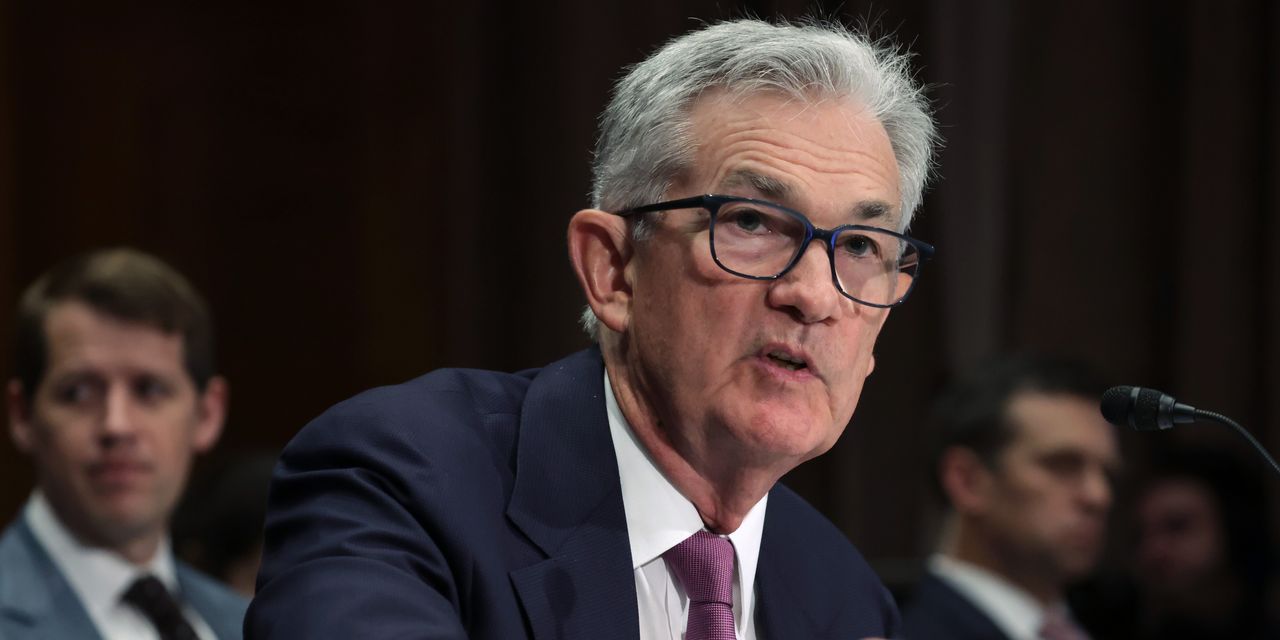When Federal Reserve Chair Jerome Powell takes the stage Wednesday with central bankers from around the globe, one topic is likely to dominate the conversation: inflation.
Inflation is hardly a U.S.-only problem. Nearly every major country is fighting significant price growth due to the effects of the Covid-19 pandemic, worldwide supply-chain disruptions, and the Russian invasion of Ukraine—in addition to other, localized issues.
That is the backdrop as central bankers gather in Sintra, Portugal, this week as part of the annual ECB Forum on Central Banking, hosted by the European Central Bank. A Wednesday panel focused on monetary policy will feature not only Powell, but other heavy hitters including the Bank of England Governor Andrew Bailey, European Central Bank President Christine Lagarde, and Bank of Japan Governor Kazuo Ueda.
The discussion comes as the Federal Open Market Committee opted to hold its benchmark interest rate steady in June, even as other central banks have moved to hike rates to help bring down inflation.
Powell has repeatedly said that while inflation was moving in the right direction in the U.S., the Fed had “a long way to go” in reaching its goal of a 2% target inflation rate. In May, the consumer price index recorded a 4% headline inflation rate, the slowest pace of growth since March 2021, yet still twice as high as the Fed would like to see.
Powell and other Fed officials have characterized the June decision as more of a “skip” that allows them to “moderate” the pace of decision making and study the wider effects of their aggressive monetary policy. The Fed has indicated that it will likely keep interest rates elevated for some time and that the bank will likely implement additional increases this year.
There is some evidence that Powell’s approach is working. The Council for Economic Advisors published a apples-to-apples analysis of recent inflation rates across G7 nations on Tuesday. By harmonizing data on headline inflation, the CEA found that while prices surged earlier in the U.S., rates on a 12-month basis are now running lower than in other G7 countries.
The CEA’s research also found that the U.S. rates for both headline inflation and core inflation, which strips out the more volatile food and energy prices, are lower than in other G7 countries.
A huge factor playing on headline inflation, particularly for European countries, is the war in Ukraine. Still, differences in exposure to the continuing conflict can’t explain all of the variations. “Going forward, the near-term evolution of inflation remains considerably uncertain,” the CEA wrote.
Write to Megan Leonhardt at [email protected]
Read the full article here


